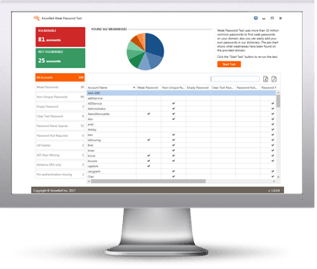Victims: After a Data Breach, Changing Passwords and Good Password Hygiene Remain Unimportant

New shocking data shows how unconcerned victim users are after being notified of a data breach involving their credentials, personal information, and even social media accounts.
You’d think by now everyone would know that a data breach is serious business and only represents the beginning of what can become a sequence of malicious events in the future involving the data stolen.
But new data from the Identity Theft Resource Center’s Data Breach Notice Research report shows very few victims take all the appropriate action to properly secure their accounts once receiving notice of a data breach. According to the report:
- 48% only change the password for the affected account, despite 85% of respondents admitting they use the same password across multiple accounts
- 22% changed passwords on all their accounts
- 16% of victims take no action at all
When asked why good password hygiene (which includes unique passwords for each account) isn’t being used, the following reasons were identified:
- 52% said it’s too difficult to remember their passwords
- 48% don’t trust or know how to use password managers
- 46% don’t think it’s important or believe their password practices are good enough
New-school Security Awareness Training would fix much of this issue. With proper education, users can understand the value of unique and complex passwords in the context of cyberattacks, as well as how this applies to both their work and personal life.
Are your user’s passwords…P@ssw0rd?
Employees are the weakest link in network security, using weak passwords and falling for phishing and social engineering attacks. KnowBe4’s complimentary Weak Password Test (WPT) checks your Active Directory for several different types of weak password related threats.

Here’s how it works:
- Reports on the accounts that are affected
- Tests against 10 types of weak password related threats
- Does not show/report on the actual passwords of accounts
- Just download the install and run it
- Results in a few minutes!
PS: Don’t like to click on redirected buttons? Cut & Paste this link in your browser: https://info.knowbe4.com/password-exposure-test-partner?partnerid=001a000001lWEoJAAW

